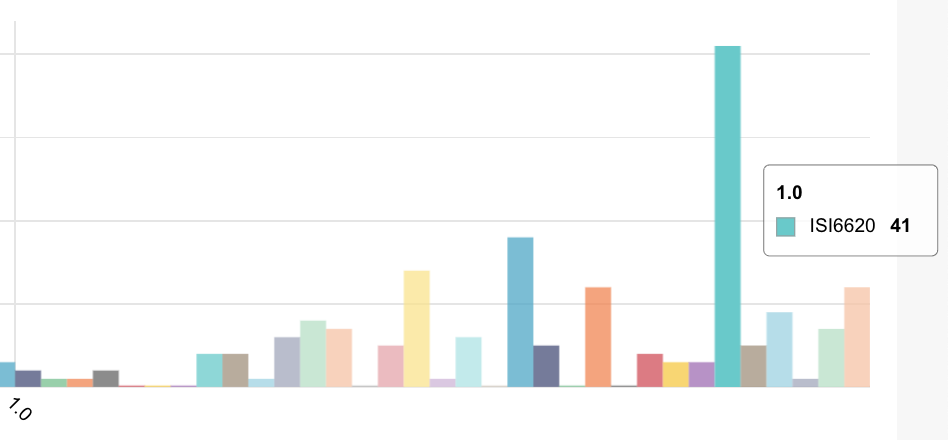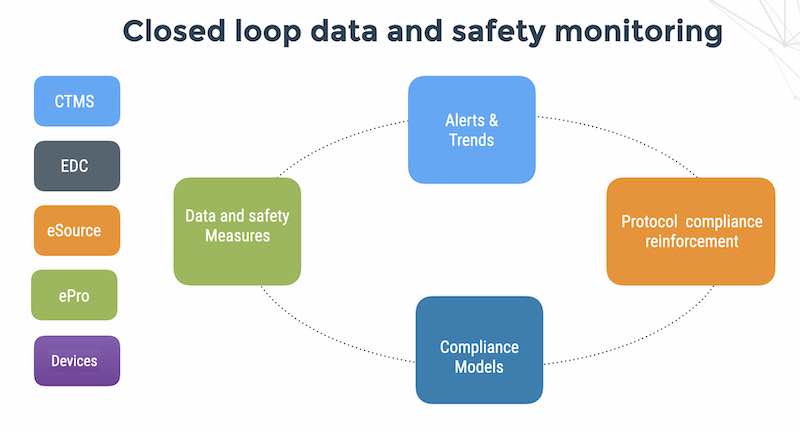
Kenny Wheeler’s music for small and large ensembles is one of my favorites.
A conductor is getting an orchestra together for a performance but is having trouble getting a trumpet player. Finally, he calls a contractor, who tells him, “Well, the only guy I’ve got available at the moment is this jazz trumpeter.”
The conductor replies, “I can’t stand working with jazz musicians. They dress lousy, they’re always late, and they all have an attitude problem.”
“Well,” replies the contractor, “that’s all I’ve got.”
“All right,” says the conductor, “I’m getting pretty desperate, so I guess I’ll have to take him.”
The first rehearsal is a week later. The conductor arrives early and notices the new trumpeter, wearing a suit and tie, with a pencil on his stand, sitting on stage practicing his part. During the rehearsal, the trumpeter plays his part quite well and is responsive to all the conductor’s requests.
At the second rehearsal, a week later, the same thing happens. This time, the trumpeter turns in a nearly perfect performance.
One week later, at the final dress rehearsal, the day before the concert, this occurs again, with the trumpeter now playing his part flawlessly. At the end of the rehearsal, the conductor says to the orchestra, “I’ve got an apology to make. I was really dreading having to work with a jazz musician, but I must say that our trumpet player has certainly proved me wrong. He is always neatly dressed, he was always here early for the rehearsals, worked on the part, and he has really learned the music.”
Then, to the trumpet player, “I just wanted to tell you that I really appreciate your effort and dedication.”
To which the trumpeter replies,
“Hey man, I really appreciate that. I mean, it’s the least I can do, considering I can’t make the gig.”
Blackjack bei Spins of Glory Casino Strategien für österreichische Kartenspieler
Blackjack bei Spins of Glory Casino Strategien für österreichische Kartenspieler Table of Contents Die Grundlagen von Blackjack und seine Popularität Die Regeln von Blackjack im





